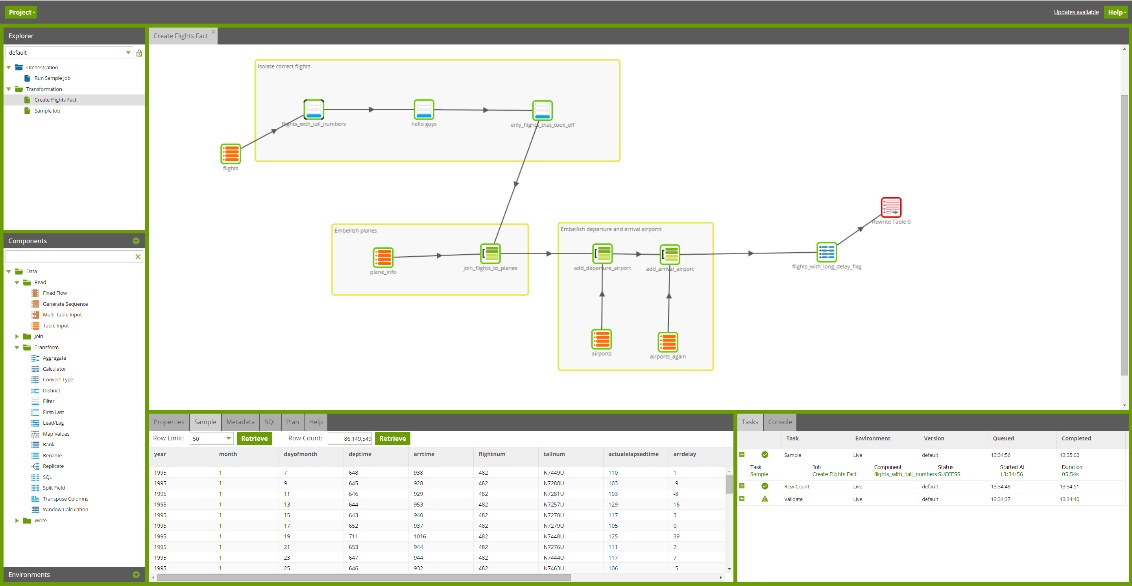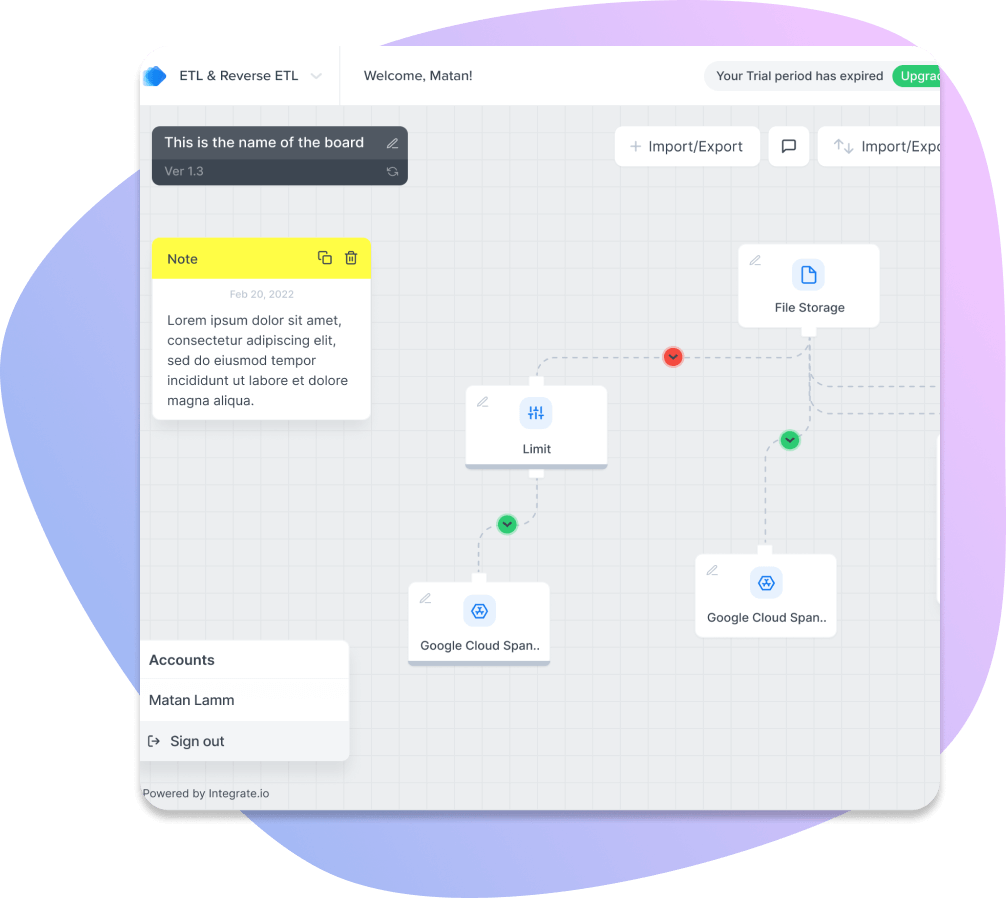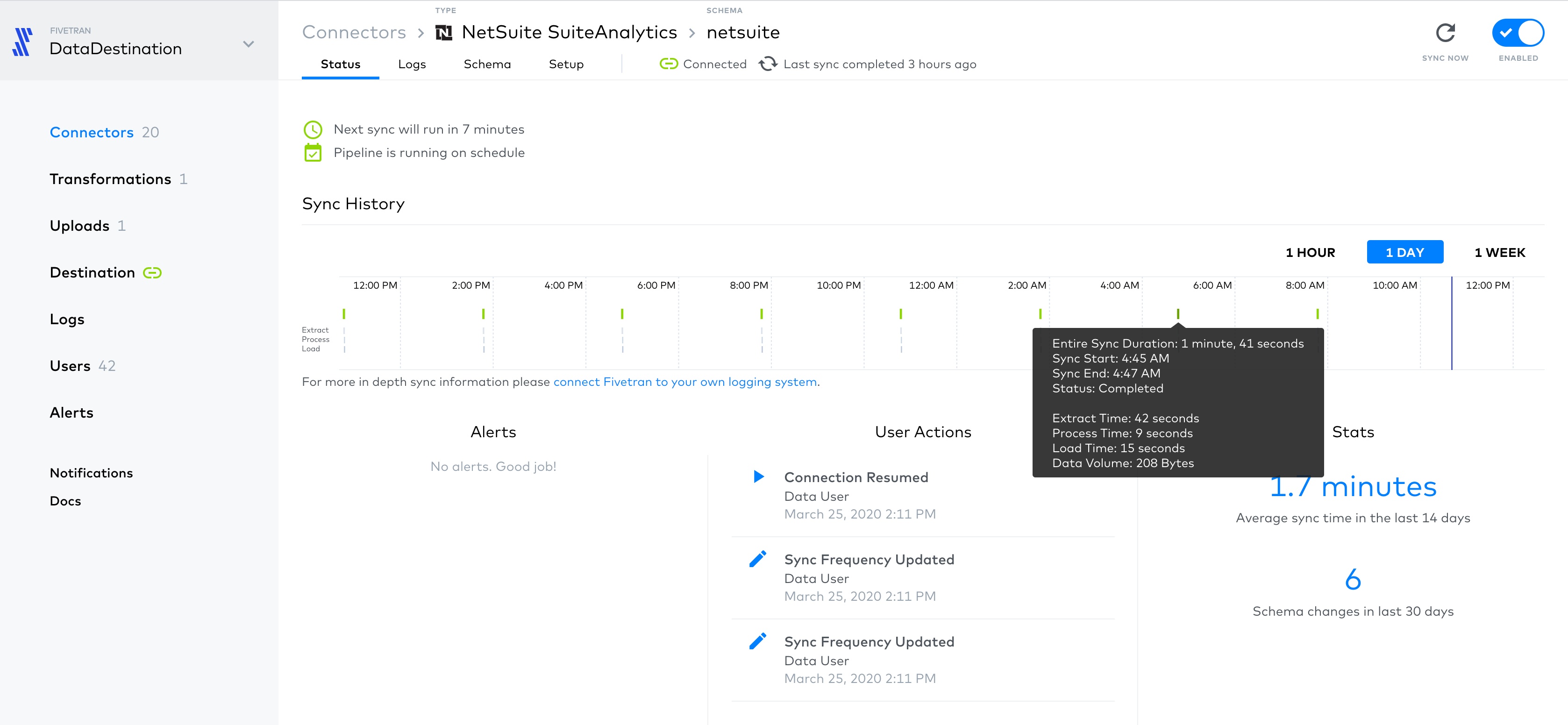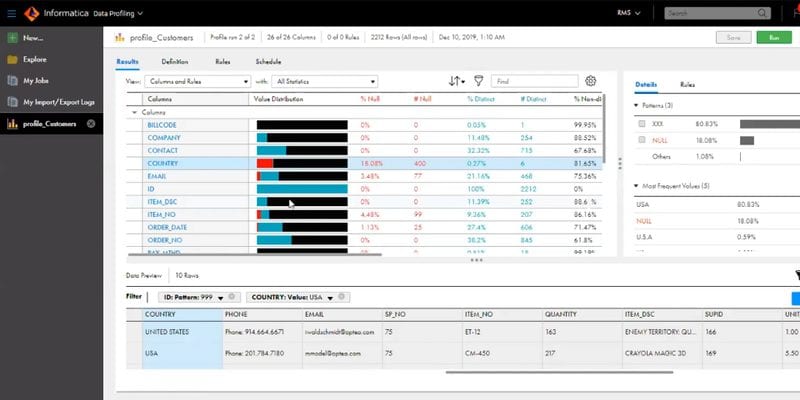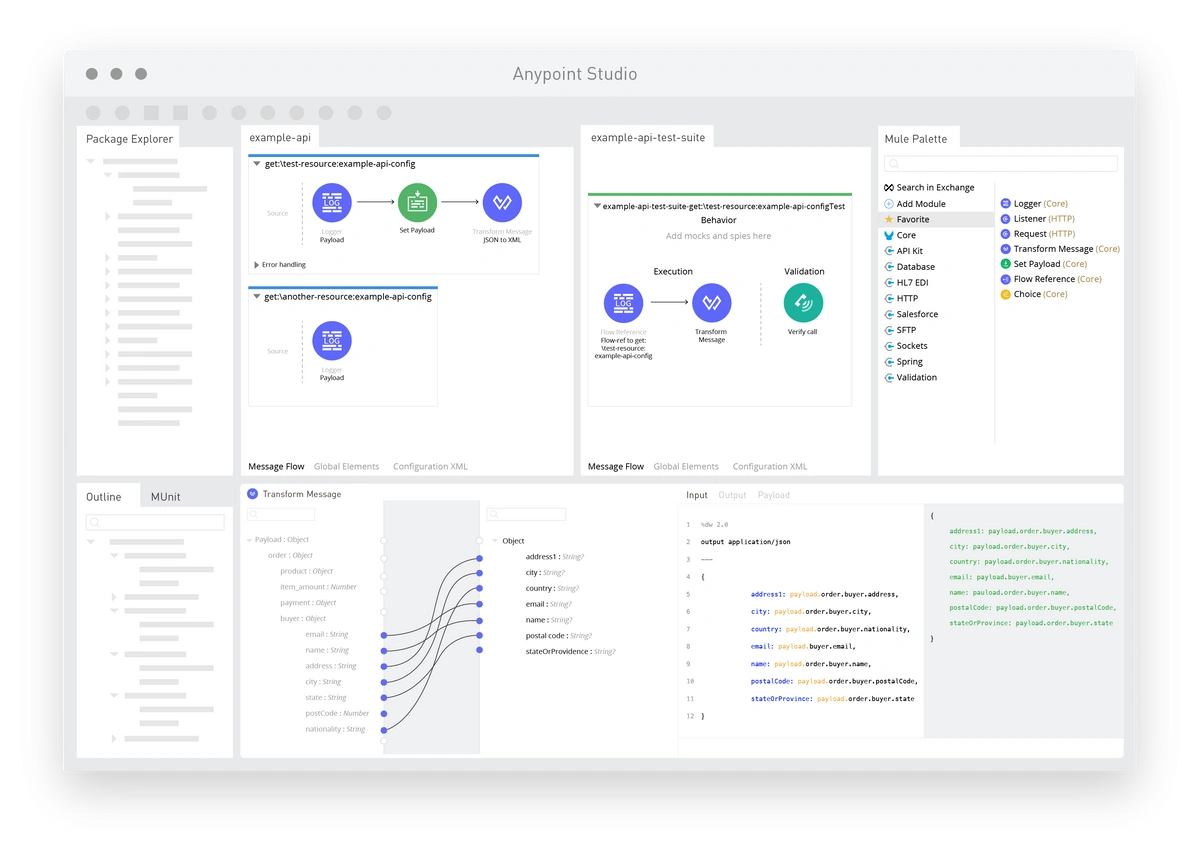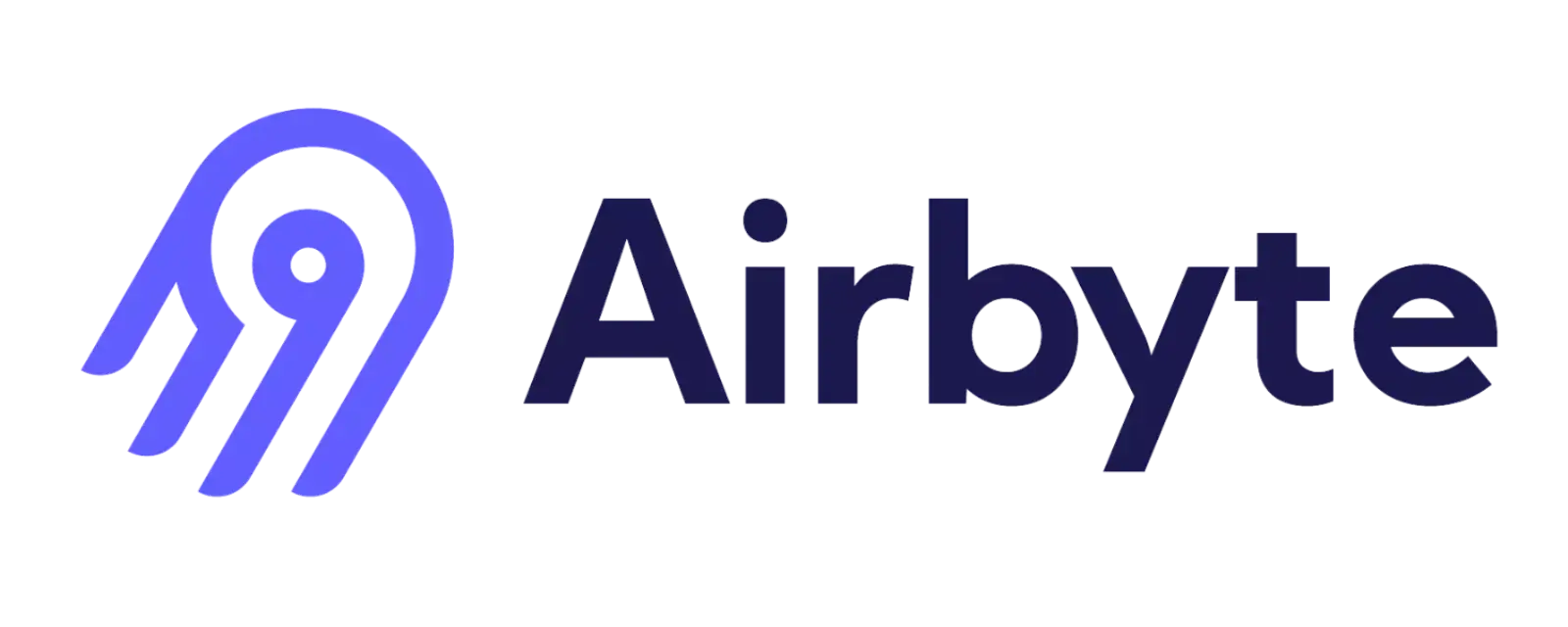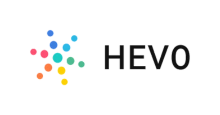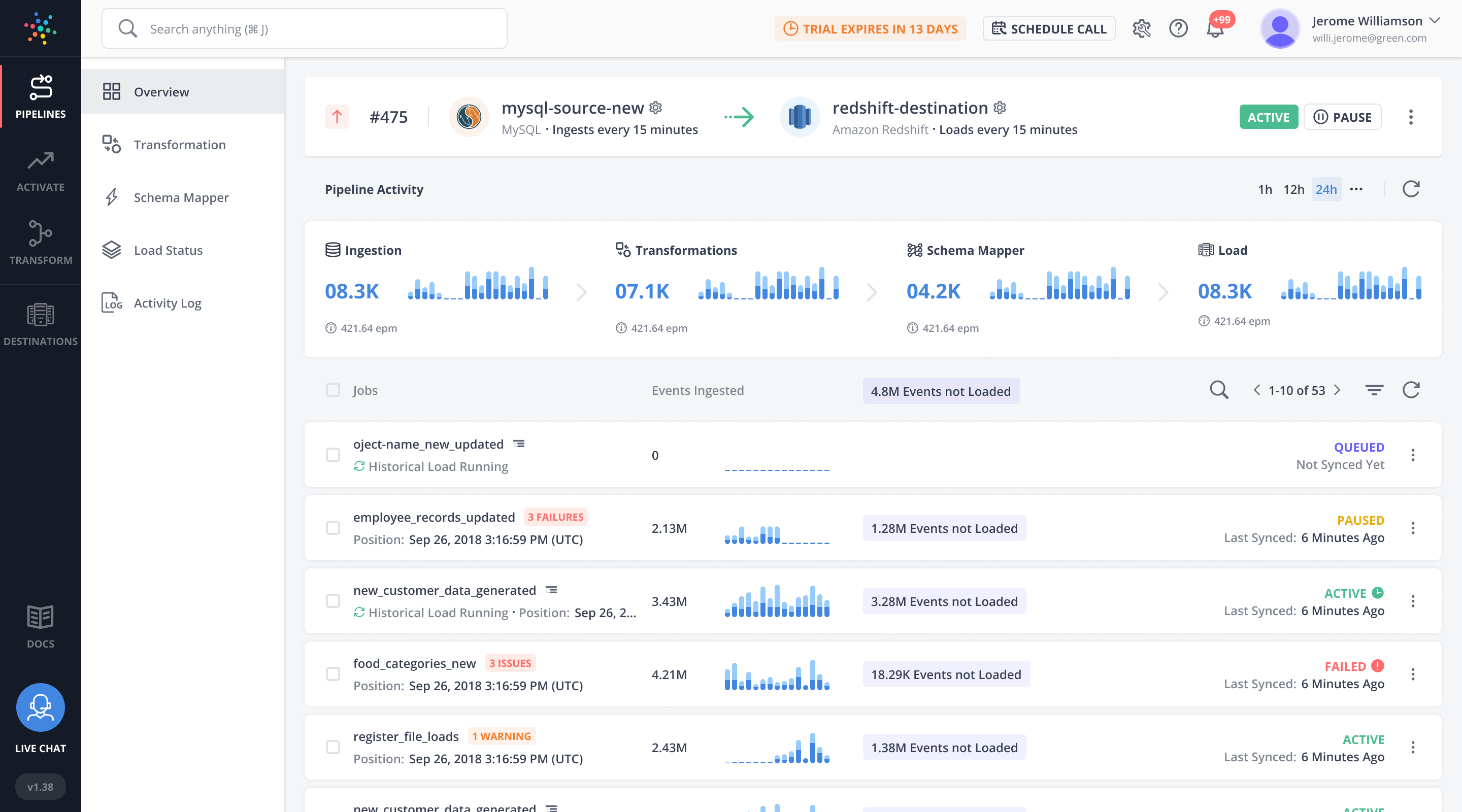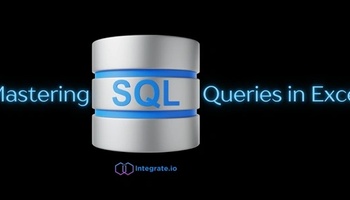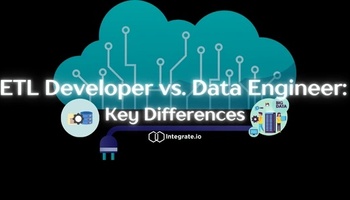Businesses and organizations must leverage the power of data to stay ahead of competitors in today's fast-paced market. But ingesting data from various sources is only possible with a specialized solution like Matillion.
Its ease of use and hundreds of pre-built connectors made Matillion popular among many companies. But its pricing and limited capabilities convinced some of them to seek an alternative.
Here are five things to know about data integration, Matillion, and its alternatives:
- Data integration involves integrating data from various sources into one location for simplified analysis.
- Data integration requires robust extract, transform, and load (ETL) tools.
- ETL tools work to extract data from various sources, transform it into a usable format, and load it into a data lake, warehouse, or another location.
- Matillion offers ETL capabilities and a wide range of other features.
- Alternatives to Matillion include Integrate.io, Talend, Alteryx, and more.
In this article, we cover 15 Matillion alternatives you might want to try in 2025 and examine their data management capabilities to help you make an informed decision based on your business needs.
What Is Matillion?
Rating: 4.4/5 (G2)
Matillion is a cloud-native data integration tool that enables organizations to extract, load, and transform data from various sources. You can use its drag-and-drop interface to create comprehensive data pipelines without writing a single line of code. Matillion primarily supports ELT (Extract, Load, Transform), where transformations are applied within the data warehouse, rather than classic ETL.
Enterprises across various industries use the platform to leverage the power of their data and make better business decisions.
Key Features of Matillion
Matillion offers a range of features focused on data transformation for cloud data warehouses:
- Cloud-native: Matillion is built for the cloud, which means it offers high scalability and performance.
- Intuitive user interface: The drag-and-drop user interface allows anyone to create comprehensive data pipelines regardless of their technical skills.
- Wide range of pre-built connectors: Matillion offers pre-built connectors for various data sources and destinations.
- Monitoring and logging: Real-time monitoring and logging of data pipelines help you track the progress of data transformations and identify any issues as they arise.
- Security and compliance: Matillion offers enterprise-grade security and compliance features, including role-based access control, encryption, and compliance certifications, such as SOC 2 and HIPAA.
Matillion offers a free plan, however, you'll only receive up to one million data rows per month. For more in-depth data integration, you'll need another plan, such as the Basic, Advanced, or Enterprise plan.
Pros & Cons of Using Matillion
As with every other platform, Matillion has advantages and disadvantages.
Pros:
- Code-free advanced data transformation capabilities
- Hundreds of pre-built connectors
- Virtual Private Cloud offering
- Advanced security
Cons:
- High costs and complicated pricing model
- UX is sometimes lacking or inconsistent
- Reverse ETL and data synchronization processes are challenging to set up
15 Top Matillion Alternatives
Each of the 15 alternatives we’ll cover offers unique features and advantages over Matillion, making them worth considering if you're looking for a cost-effective, easy-to-use, and scalable tool.
1. Integrate.io
Rating: 4.3/5 (G2)
Key Features:
- ETL and Reverse ETL
- ELT
- CDC
- Data observability
- API
Integrate.io is a no-code data integration and ETL platform that helps businesses quickly build and manage clean, secure data pipelines. Its drag-and-drop interface is more straightforward and intuitive than Matillion's. Virtually anyone can use it to develop and manage data pipelines without any coding experience, making it an ideal solution for businesses that do not have a dedicated IT team.
Integrate.io can connect with hundreds of data sources and destinations. More advanced users can leverage the platform’s self-hosted REST API code automation to extract or load data to any compatible source or destination.
Integrate.io boasts faster ELT data replication, unifying data every 60 seconds for a single source of reporting truth. This speed helps you to make informed decisions based on up-to-date data insights.
Integrate.io pricing is tailored exactly to each client's needs and requirements with a usage-based component couple with features and functionality. Clients choose which level of platform usage they will require and then which features and functionality to create a custom plan to fit their use case.
2. Fivetran
Rating: 4.2/5 (G2)
Key Features:
- ETL
- 300+ built-in connectors
- Automated schema drift handling and more
Fivetran is a data integration platform that automates the process of syncing data from disparate sources into a single destination. What makes this platform a great Matillion alternative is its ability to automatically map and transform incoming data from any source into its normalized schema, allowing you to access standardized datasets without any additional effort.
In Fivetran vs Matillion, you might find Fivetran better than Matillion if you want an easier way to synchronize large datasets across multiple sources. Fivetran's pricing includes a free plan and various paid plans that follow a usage-based model.
3. Talend
Rating: 4.0/5.0 (G2)
Key Features:
- ETL/ELT
- CDC
- Over 1,000 pre-built connectors
Talend is one of the Matillion alternatives that incorporates a comprehensive tool suite that enables users to extract, transform, and load data from various sources into a large number of destinations. With its integrated profiling engine and matching algorithms, Talend comes with a robust set of features that ensure the quality of your data as it moves across systems.
Both Talend and Matillion offer automation capabilities, so you can schedule jobs to run at specific intervals or when certain conditions are met. However, with its advanced orchestration capabilities, Talend takes this one step further by allowing you to create complex workflows with different steps running in parallel or sequentially.
As for pricing between Talend vs Matillion, Talend is open-source, meaning it's free to use. However, to unlock the platform's more robust features, you'll need to pay for the Data Fabric. For full pricing, you must contact the sales team.
4. Alteryx
Rating: 4.5/5 (G2)
Key Features:
- ETL
- Built-in analytics capabilities
- End-to-end automation
Alteryx is a powerful data analytics and business intelligence platform. It can be a valuable alternative to Matillion because it provides an end-to-end solution for ETL, with an easy-to-use interface that doesn’t require any coding knowledge.
Also in Matillion vs Alteryx, this platform comes with powerful built-in analytics and data transformation capabilities and even allows users to build their own API connections.
Alteryx is highly scalable and can be used across different platforms, simplifying the process of moving data between multiple sources. This tool can work great for small businesses and enterprises alike due to its enhanced security features that ensure data remains safe and secure throughout the ETL process.
Alteryx has a complex pricing model. For example, the Designer plan starts at $5,195 per user/year. Larger teams and organizations must contact for pricing.
5. SnapLogic
Rating: 4.2/5 (G2)
Key Features:
- ETL & Reverse ETL
- ELT
- API development and management
SnapLogic is another versatile and scalable Matillion alternative that supports ETL, ELT, and reverse ETL processes.
It comes with an AI-augmented data pipeline design assistant and an integrated API development and management (APIM) platform. These features can help you create pipelines and share data between applications faster than you could by coding.
SnapLogic can be one of the efficient Matillion alternatives due to its ability to extract on-premises or cloud-based data, transform it and load it into various destinations.
SnapLogic doesn't disclose its pricing on its website. For more detailed pricing information, you'll need to contact the sales team.
6. Informatica
Rating: 4.2/5.0 (G2)
Key Features:
- ETL/ELT
- Thousands of pre-built connectors
- Enterprise-grade extraction capabilities
Informatica is a comprehensive data integration cloud platform that allows businesses to connect and unify all their data regardless of its source. It features a drag-and-drop interface that makes it easy to create complex data pipelines.
The platform offers greater scalability and flexibility than Matillion, allowing users to customize it for their business needs. Some critical features of Informatica that differ from Matillion include automated session scheduling, an in-depth monitoring console, and the ability to write custom code using Java or JavaScript.
Informatica's pricing varies depending on each team's needs. You'll need to contact the sales team for a custom quote.
7. MuleSoft
Rating: 4.4/5 (G2)
Key Features:
- ETL
- iPaaS capabilities
- API management
MuleSoft is a data and application integration platform with a broad range of capabilities. It provides an end-to-end solution for integrating data, applications, and APIs into a single system.
While Matillion focuses mainly on ETL processes, Mulesoft takes data integration to another level due to its API management and IPaaS capabilities. So key difference in Matillion vs Mulesoft is that, Mulesoft can help you manage your entire digital infrastructure from one place.
However, some organizations may only need some of the features offered by Mulesoft but may still be paying for them due to the lack of customization options in their pricing plans.
8. Dell Boomi
Rating: 4.3/5 (G2)
Key Features:
- No-code/low-code tools
- Pre-built connectors
- Custom API development
Dell Boomi is one of the best Matillion alternatives which is cloud-based iPaaS that enables customers to connect their applications, data, and processes in the cloud or on-premise using intuitive no-code/low-code tools. You can leverage the platform’s API Gateway and Manager capabilities to create secure connections between data sources.
You can use Dell Boomi’s pre-built connectors to configure true real-time integrations, which Matillion may struggle with. Dell Boomi pricing is subscription-based. Users will pay based on features and the number of connectors required.
9. AirByte
Rating: 4.3/5.0 (G2)
Key Features:
- ELT
- 300+ pre-built connectors
- Custom connector development tools
AirByte is an open-source data integration platform that allows users to build custom connectors and perform custom data transformations. Unlike Matillion, AirByte’s Connector Development Kit (CDK) can be used to develop connectors in any programming language. The platform also provides a wide range of built-in open-source connectors to quickly integrate many data sources. Airbyte’s free version requires self-hosting, and its cloud-based option is usage-based, which may increase costs depending on the volume.
AirByte can automate adaptation to schema changes and updates while giving you complete control over data transformations using SQL or dbt. Moreover, the open-source and self-hosted version can help you mitigate security risks by allowing you to keep your data within your own infrastructure.
AirByte is an open-source platform, which means you can get started for free. However, the cloud-based plan is based on usage, starting at $2.50 per credit.
10. Workato
Rating: 4.7/5 (G2)
Key Features:
- Low-code/no-code
- Hundreds of pre-built connectors
- Automation capabilities
Workato is a powerful iPaaS that allows businesses to build and deploy automated workflows. It offers an intuitive, low-code interface and comes with pre-built connectors for hundreds of SaaS applications, on-prem databases, ERP, and more.
The platform's cloud-native architecture allows users to scale quickly without worrying about infrastructure provisioning or capacity planning.
What makes Workato stand out is that it streamlines the creation of automated workflows with its fit-for-purpose technologies, such as APIs, parsers, and screen scraping technologies.
Workato pricing is based on usage. You purchase "recipes" which are used to build pipelines. Recipes are available in packs of 10, 25, 50, and 100.
11. Stitch
Rating: 4.5/5.0 (G2)
Key Features:
- ETL
- Over a hundred pre-built integrations
- Enterprise-grade security
Stitch is a cloud-based data pipeline platform that enables businesses to transfer, integrate, and replicate data from various sources into their data warehouses.
One of Stitch's primary advantages over Matillion is its free historical data replication feature, which allows you to replicate all available historical data from your databases and SaaS tools without performing any manual dumps.
Another key benefit of using Stitch over Matillion is the ability to selectively replicate only specific tables and fields necessary for your business operations. This feature grants more control over what information you store in your warehouse, making the process much more efficient.
You can get started with Stitch by selecting one of three pricing plans, ranging from $100 to $2,500 per month.
12. Hevo Data
Rating: 4.4/5.0 (G2)
Key Features:
- ETL/ELT
- Reverse ETL
- 150+ integrations
Hevo is a data integration platform providing end-to-end data pipeline automation. Its automated schema management ensures the destination schema remains in sync with the source no matter how frequently it changes, eliminating the need for manual intervention when creating new structures or modifying existing ones.
Hevo’s pre-load transformation feature lets users cleanse and format their data on the fly while ensuring high-load performance. On the other hand, post-load data transformation helps users automatically create and sync models with their pipelines to quickly prepare the incoming data for analysis.
Hevo offers a free plan for teams just getting started. The paid Starter plan begins at $239 per month for five million events. Pricing goes up from there, depending on events.
13. TIBCO
Rating: 4.2/5 (G2)
Key Features:
- ETL
- Data virtualization capabilities
- Robust data management capabilities
TIBCO is an enterprise-grade iPaaS that enables businesses to connect applications, data, and devices across hybrid environments with cloud-native integration flows. The platform's event-driven architecture makes it simple to trigger events within the system based on real-time environmental conditions or changes.
TIBCO is a potential alternative for Matillion due to its flexibility and ability to connect different data sources easily by leveraging its API-led integrations and event-driven architecture.
TIBCO offers flexible pricing plans, including a 30-day free trial. The Basic plan starts at $400 a month and costs increase from there.
14. Denodo
Rating: 4.1/5 (G2)
Key Features:
- Data virtualization
- Visual Query Builder
- Connectivity to any data source
Denodo is a data virtualization platform that helps organizations access, integrate and manage their data across disparate systems. It enables users to combine any type of data into business views regardless of the underlying format—relational databases, NoSQL, Hadoop, web services, and Cloud APIs.
The platform features a powerful Visual Query Builder, enabling complex joins between different tables from different sources.
While Matillion provides great ETL capabilities specifically tailored towards cloud-based big data platforms, it lacks the flexibility and versatility offered by Denodo when it comes to dealing with traditional on-premise enterprise systems like relational databases.
Denodo doesn't currently disclose its pricing on its website. For more pricing details, you must contact the company directly.
15. Gathr
Rating: No Rating
Key Features:
- ETL/ELT
- 300+ pre-built connectors
- Drag-and-drop functionality
Gathr is one of the end-to-end Matillion alternatives that provides users with a comprehensive suite of tools for building, deploying, and managing ETL/ELT/reverse ETL pipelines. Its drag-and-drop interface makes creating data pipelines easy, even for people without coding or scripting knowledge.
Gathr’s drag-and-drop ML capabilities make it a great alternative to Matillion, especially for organizations looking to leverage machine learning models in their data pipelines.
Gathr offers a free plan as well as additional plans based on your needs, including the Gathr Unlimited plan. For pricing details, you must contact the sales team.
Try Integrate.io for No-Code Data Pipelines
Integrate.io is a powerful no-code data pipeline platform that helps businesses quickly and securely connect, move, and transform their data. Try Integrate.io for yourself today to see how it can help improve your data integration process.
FAQs
Q: Is Matillion a Good ETL Tool?
Matillion’s drag-and-drop interface, pre-built connectors, and data transformation capabilities make it a great ETL tool for businesses of all sizes. However, Matillion tends to be expensive due to its credit-based pricing structure.
Q: What Features Should You Look for in Data Integration Software?
There are five main features you should consider when choosing data integration software:
- Pre-built connectors
- Build-in automation
- Security
- Scalability
- Customer support
Q: How Much Does Data Integration Software Cost?
Data integration software costs vary depending on the platform, usage, and data connectors. For example, Integrate.io’s ETL Starter pricing plan costs $15,000 per year, and includes unlimited packages, transfers, and users.
Q: Who does Matillion compete with?
Matillion competes with several data integration and transformation platforms, including:
-
Integrate.io
-
Azure Data Factory
-
SAP Data Services
-
Talend
-
Alteryx
Q: What is the difference between Snowflake and Matillion?
Matillion is an ETL/ELT tool designed for data integration and transformation, offering a visual interface and pre-built connectors. It runs transformations on external infrastructure (e.g., AWS, Azure, or GCP).
Snowflake, on the other hand, is a cloud-native data warehouse optimized for storage and query performance. It uses SQL for transformations and provides scalable compute and storage separation.
Key differences:
-
Purpose: Matillion focuses on ETL/ELT; Snowflake is a data warehouse.
-
Execution: Matillion performs transformations externally; Snowflake handles transformations internally via SQL.
-
Storage: Matillion integrates with various systems; Snowflake stores data within its platform.
Q: What is the difference between Matillion and DBT?
Matillion is an all-in-one ETL/ELT tool with a visual interface, pre-built connectors, and support for both code-free and code-based workflows.
DBT (Data Build Tool) specializes only in SQL-based data transformations within a cloud data warehouse. It requires coding knowledge and does not handle extraction or loading processes.
Key differences:
-
Scope: Matillion supports ETL/ELT processes; DBT focuses solely on transformations.
-
Interface: Matillion offers a visual designer; DBT is code-centric.
-
Integration: Matillion includes pre-built connectors; DBT does not.




